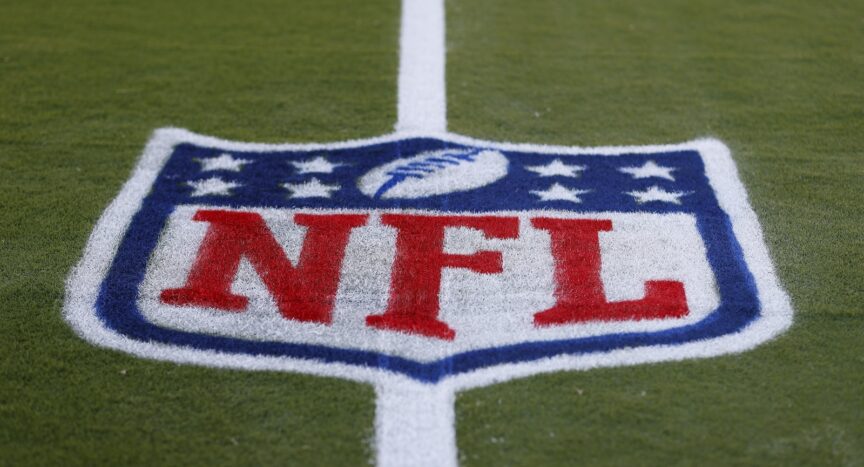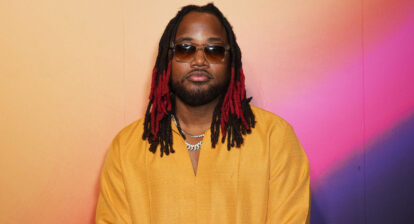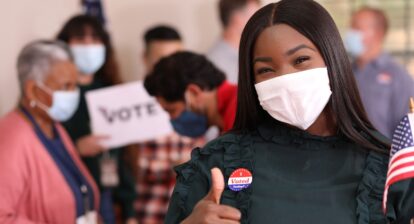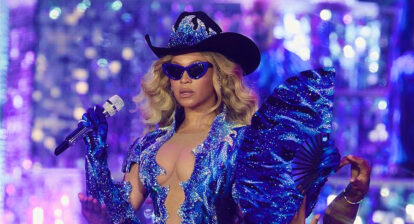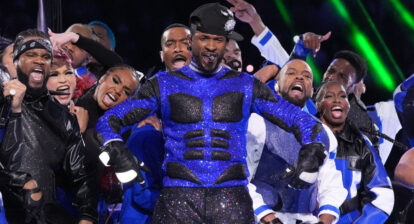It’s that time of year again as the NFL returns to prime time with a rematch from last season’s AFC Championship game. On September 5, the Baltimore Ravens travel to Kansas City to face the Chiefs. This game is headlined by reigning league MVP Lamar Jackson and Super Bowl LVIII MVP Patrick Mahomes. Looking at these two quarterbacks sitting on top of the mountain, it’s amazing how far Black players have progressed in the game’s most important position. In fact, 15 of the 32 NFL teams are starting the 2024 season with a Black QB taking snaps.
Once upon a time, not only was it said that Black players couldn’t be successful and weren’t smart enough to play the position, but they also were not allowed the opportunity. Now, nearly half the league’s franchises are being led by Black quarterbacks to begin the season. Some of these Black quarterbacks, like Mahomes and Jackson, have proven themselves to be some of the best the NFL has to offer.
Here are the 15 in this year’s starting lineup.
1. Patrick Mahomes
2. Lamar Jackson
3. Jalen Hurts
4. Dak Prescott
5. Jordan Love
6. C.J. Stroud
7. Kyler Murray
8. Geno Smith
9. Deshaun Watson
10. Anthony Richardson
11. Caleb Williams
12. Russell Wilson
13. Jayden Daniels
14. Jacoby Brissett
15. Bryce Young
With close to half the league starting a Black QB in Week 1, all eight NFL divisions will have at least one team that features an African American under center. Anyone of a certain age likely remembers the days when we were happy to see a couple of Black QBs get an opportunity.
For anyone under 25, it probably feels like there have always been at least a few African American QBs on NFL fields. But if you go back to as recent as the mid-1990s, many in NFL circles were still trying to convince Black players that they couldn’t play QB at the highest level.
Charlie Ward played quarterback for Florida State in the early 1990s and won the Heisman Trophy in ‘93. However, he chose the NBA as his backup plan. After winning the Heisman and a National Championship at FSU, Ward was projected as a third—or fourth-round pick in the ’94 NLF Draft.
At that time, QBs drafted in the draft’s later rounds had a long, hard road ahead of them. Add being a Black QB to that equation, and it would’ve been almost impossible for Ward to get a fair shake at the position back then. We see these QBs with all this power within organizations today, but back then, if you were a Black QB1 in the NFL, you were expected to just be happy with your spot.
While the NFL has progressed some in this space, it took a long time to get to where we are in 2024. Willie Thrower was the first Black QB to play in a modern NFL game in 1953 for the Chicago Bears. Marlin Brisco became the first Black starting QB, leading the way for the Denver Broncos in 1968.
There was a 15-year gap between Thrower and Brisco’s historic moments. Over the next few decades, we began to see a slight increase in the number of Black quarterbacks who actually got the chance to play.
In the 1980s, Doug Williams broke through, becoming the first African American quarterback to win a Super Bowl. Warren Moon began his NFL career in the eighties and became the first Black quarterback inducted into the Pro Football Hall of Fame. Randall Cunningham also made a name for himself in the late 1980s and carried that over into the 1990s.
Embracing moments like these and highlighting the progress when it comes to Black QBs should not be glossed over. However, there are still areas where the league continues to backstep more often. While 15 NFL teams are beginning the season with African Americans at QB, only six teams can say the same for their head coach.
Only the Pittsburgh Steelers, Houston Texans and New England Patriots will start the season with a Black head coach and QB duo.
While the league has some work to do in that area, there has been recent progress in coaching aspects.
The 2024 NFL campaign will feature 15 full-time female coaches, the most in the league’s history. Four of those female coaches are Black. Genevieve Humphrey (Panthers), Jennifer King (Bears), Autumn Lockwood (Eagles) and Amelia Wilson (Bills) are among the women who are helping to advance the sport.
Although it feels like a slow progression—change rarely happens overnight, and more strides are needed—the NFL is progressing.

